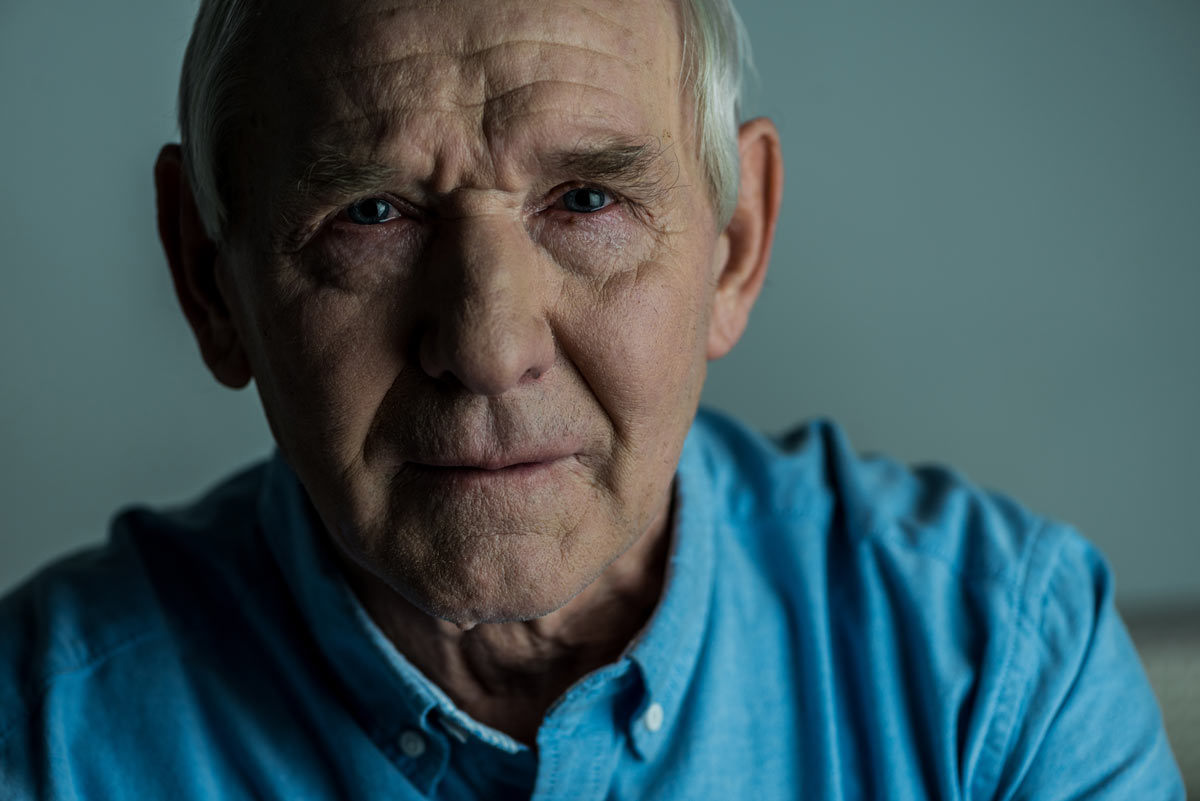Services
At SUN Behavioral Health Delaware, we know how powerful the past can be. A single thought, smell, or song can bring us back to our happiest – and darkest – moments. When you’re living with trauma, these kinds of triggers can be debilitating. Trauma can interfere with work, school, friends, and family. Over 26% of all adults in Delaware are currently struggling with some form of anxiety or depression, and that’s no way to live. Fortunately, trauma therapy can be highly effective. The right program can teach you how to manage your triggers, heal from your past, and find long-term wellness.
The goal of trauma therapy is not to help you “forget” your past. An evidence-based, effective trauma therapy program works to help you face and confront that past so you can heal from it.
Some common things you might learn in trauma therapy include:
Trauma could be impacting your daily life. It could be preventing you from going out and meeting new friends, taking chances on new relationships, growing in your career, or setting goals for yourself and your future. It could be creating barriers like low self-esteem. It could also be causing emotions like guilt, anger, hatred, or fear.
In trauma therapy, you work with a therapist to break down these barriers and process emotions related to the trauma so you can become the best version of yourself.
Prolonged Exposure (PE)
Exposure therapy involves addressing and facing the source of your trauma, whether through talking about it or going into situations that would be triggering. For example, if your trauma revolved around a dog attack, going to a shelter or meeting a therapy dog might be a part of your journey. The goal is to reteach your brain how to react in these situations while in a safe environment.
Eye Movement Desensitization And Reprocessing (EMDR)
Eye movement therapy is another form of exposure therapy, but to a lesser degree. Instead of physically reliving anything, your trauma therapist will guide you through the situation while using a series of eye movements that are tied to the brain's processing centers. This allows you to unlearn negative or extreme reactions to triggers in a slightly different manner.
Trauma Group Therapy (TGT)
Group therapy has shown to be very beneficial for many people. Building up a support network of people who are also recovering from traumatic events can help you feel less alone in your journey and situation. It also allows you a space to talk about your trauma and your experiences with people who can better understand what you went through, which can be validating and therapeutic.
Psychodynamic Psychotherapy (PP)
Exposure therapy involves addressing and facing the source of your trauma, whether through talking about it or going into situations that would be triggering. For example, if your trauma revolved around a dog attack, going to a shelter or meeting a therapy dog might be a part of your journey. The goal is to reteach your brain on how to react in these situations while in a safe environment.
Trauma-focused Cognitive Behavioral Therapy (TF-CBT)
This form of trauma therapy was developed specifically to help adolescents recover from and deal with trauma. It is a multi-step process that involves the non-offending parent or caregivers in the process as well. The goal is to set the child up for success by helping them learn the skills they need to best manage their reactions to trauma and the memory of it. Once the skills are built, exposure therapy becomes involved as well.
Here are some fun facts:


At SUN Behavioral Health Delaware, we’re passionate about helping you find wellness. Our qualified staff of trauma therapists is standing by, ready to help you work through your traumas with evidence-based techniques. For more information or to schedule a consultation, call us today at 302-604-5600!
Trauma therapy uses evidence-based techniques to help you identify and manage your traumas and their triggers. You’ll also learn how to reframe your thoughts and cultivate healthy coping strategies.
Trauma is considered “PTSD” when it’s presenting physical or emotional symptoms weeks, months, or even years after a traumatic event. Symptoms of PTSD are severe and usually interfere with daily life, work, and relationships.
The capable team at SUN Delaware has been serving our community for years. Reach out to begin your journey to recovery.